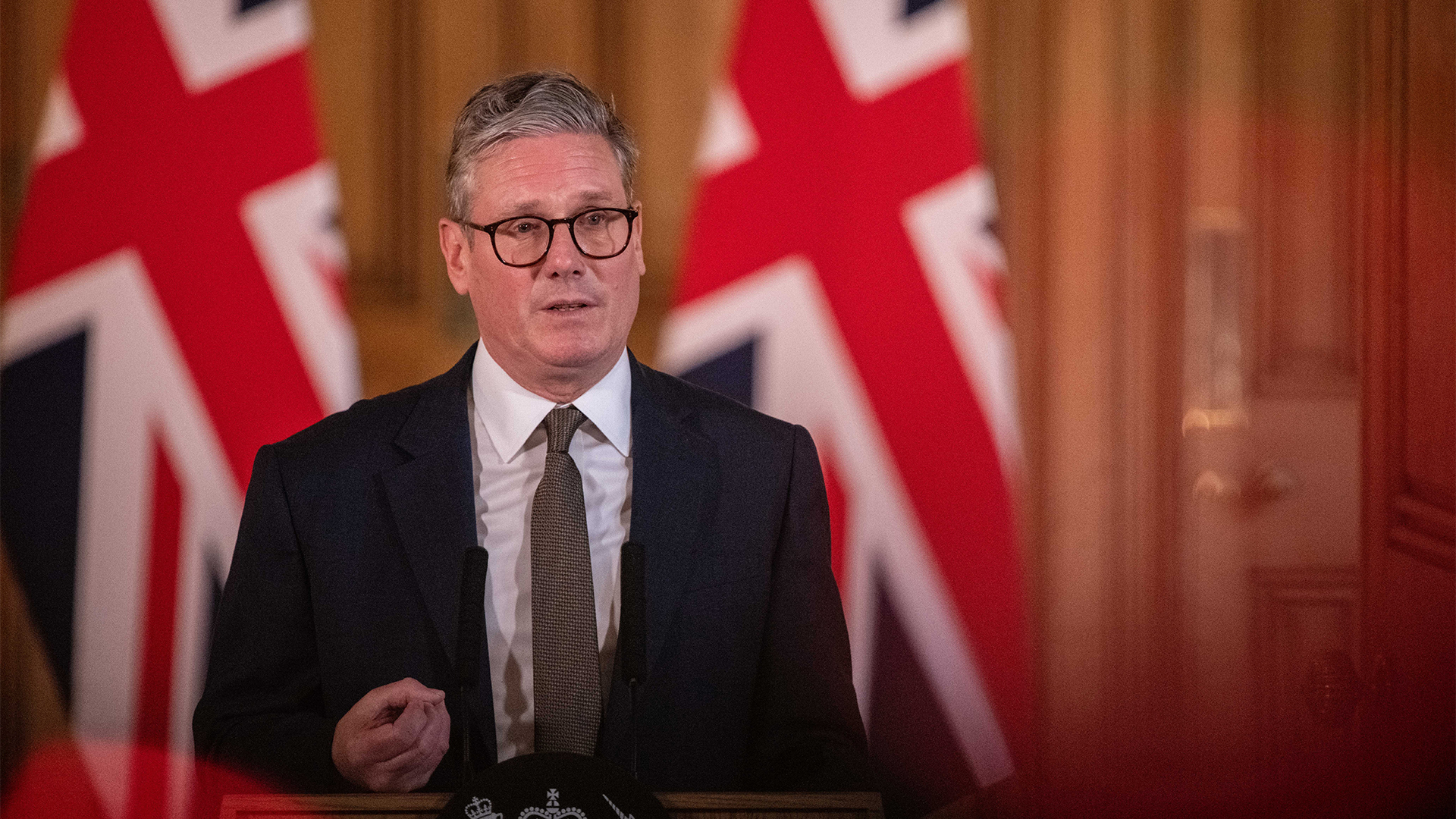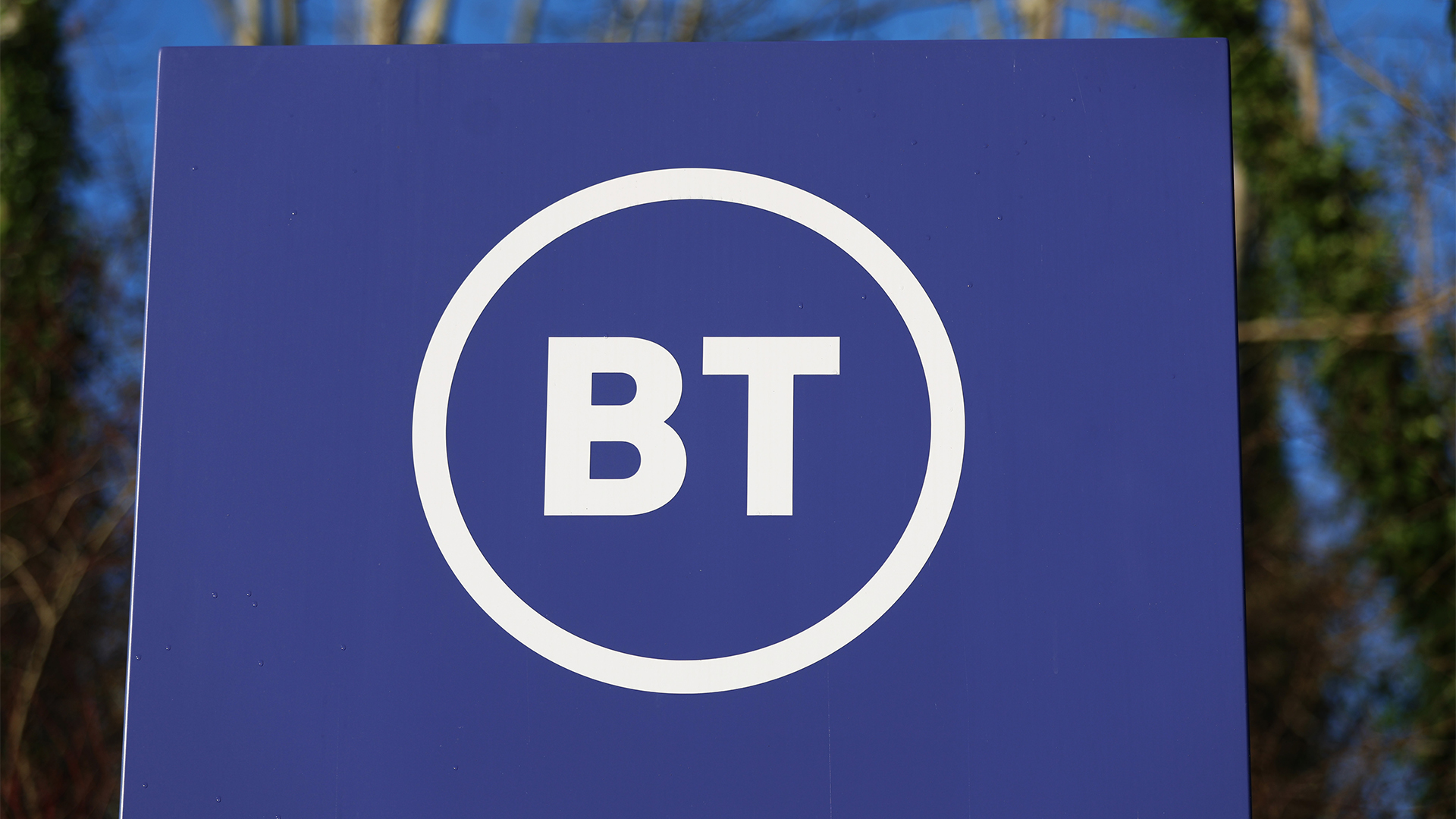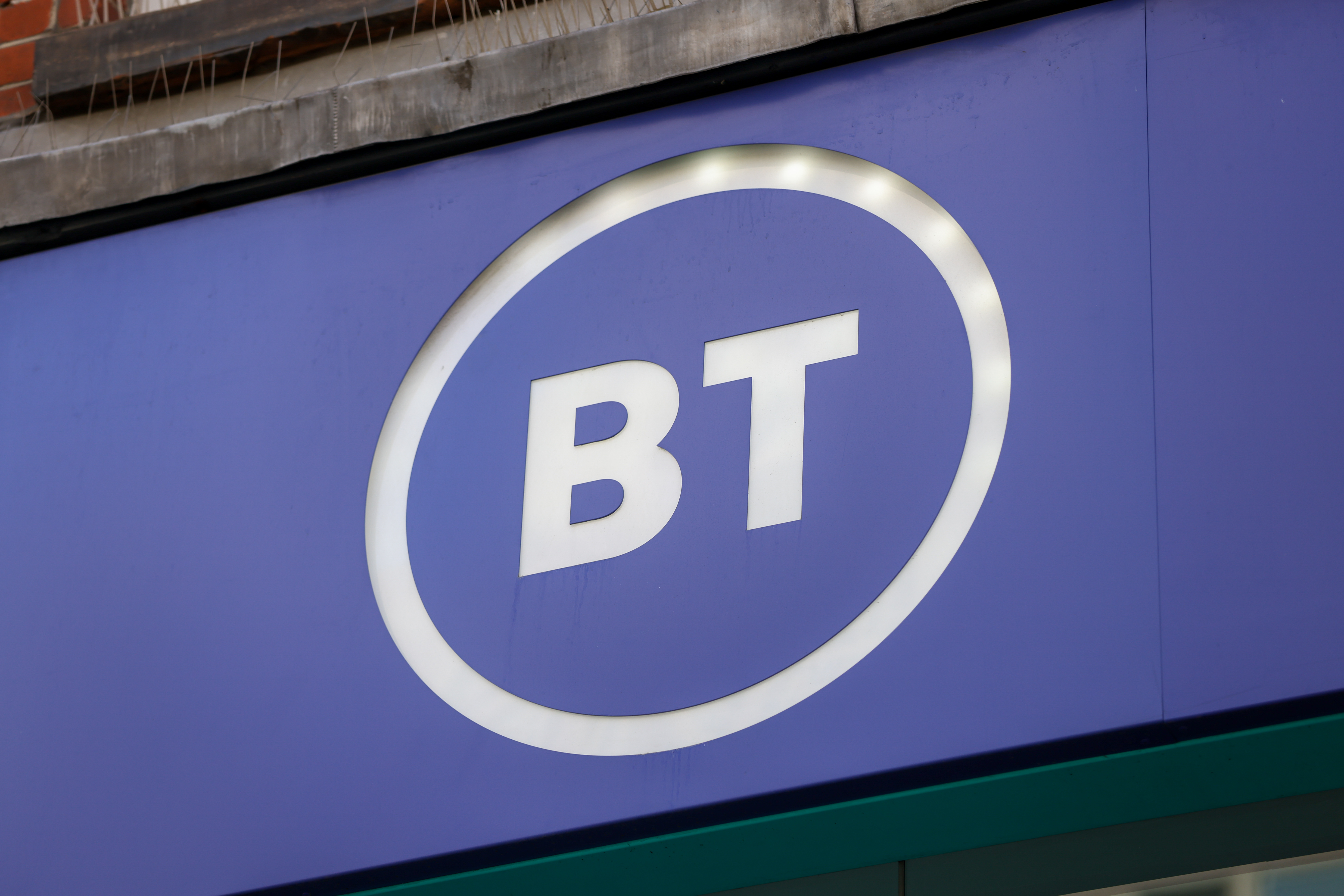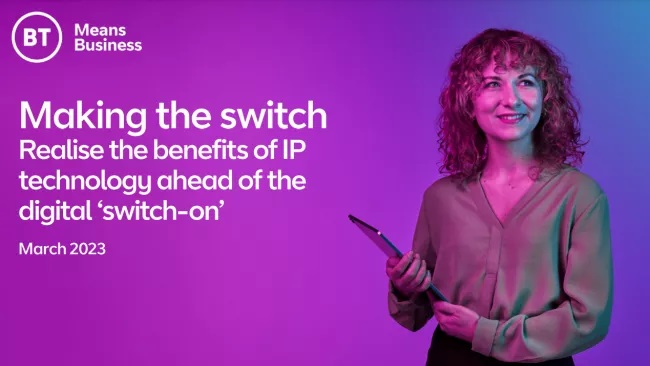BBC to boost broadband push
The BBC has agreed to help fund superfast broadband expansion to rural areas, as the license fee is frozen for six years.


The BBC will contribute to bringing super-fast broadband to rural areas in the UK, the Government has announced.
The broadcaster will contribute to the 530 million of Government spending to go on next-generation broadband over the next four years, while TV license fees have been frozen for six years, Chancellor of the Exchequer George Osborne said.
Pilots for taking next-generation broadband into more secluded parts of the UK with BBC funding will go ahead in the Highlands and Islands, North Yorkshire, Cumbria and Herefordshire, Osborne confirmed today during the spending cuts announcement.
The BBC has also agreed to cut its online spend and will "make no further encroachments into local media markets, to protect local newspapers and independent local radio and TV," Osborne explained.
"All of this will help encourage the growth of our creative industries as a key part of the new economy we are seeking to build," he said.
The BBC should contribute to the overall cuts "as a publicly funded organisation," Osborne added.
BT is currently pushing ahead with trying to close the broadband gap in the UK, where a third of the country is currently set to miss out on next-generation services.
Get the ITPro daily newsletter
Sign up today and you will receive a free copy of our Future Focus 2025 report - the leading guidance on AI, cybersecurity and other IT challenges as per 700+ senior executives
Earlier this month, BT announced a nationwide survey to garner how the level of fibre broadband demand differs between parts of the UK.
The poll will advise where the communications giant will roll out superfast services.
Communities have until the end of 2010 to express how much they want next-generation broadband.
For our roundup of today's cuts announcement news affecting the tech world, head here.
Tom Brewster is currently an associate editor at Forbes and an award-winning journalist who covers cyber security, surveillance, and privacy. Starting his career at ITPro as a staff writer and working up to a senior staff writer role, Tom has been covering the tech industry for more than ten years and is considered one of the leading journalists in his specialism.
He is a proud alum of the University of Sheffield where he secured an undergraduate degree in English Literature before undertaking a certification from General Assembly in web development.
-
 Should AI PCs be part of your next hardware refresh?
Should AI PCs be part of your next hardware refresh?AI PCs are fast becoming a business staple and a surefire way to future-proof your business
By Bobby Hellard
-
 Westcon-Comstor and Vectra AI launch brace of new channel initiatives
Westcon-Comstor and Vectra AI launch brace of new channel initiativesNews Westcon-Comstor and Vectra AI have announced the launch of two new channel growth initiatives focused on the managed security service provider (MSSP) space and AWS Marketplace.
By Daniel Todd
-
 UK regions invited to apply for ‘AI Growth Zone’ status
UK regions invited to apply for ‘AI Growth Zone’ statusNews The UK government has opened up bidding for regions hoping to secure 'AI growth zone' status.
By Emma Woollacott
-
 Equinix acquires BT's Irish data centers in €59 million deal
Equinix acquires BT's Irish data centers in €59 million dealNews As BT moves to an asset-light business model, Equinix looks to expand
By Emma Woollacott
-
 BT just extended the PSTN switch-off deadline — here’s what you need to know
BT just extended the PSTN switch-off deadline — here’s what you need to knowNews BT described the move as a “revision”, citing a series of improvements to the wider PSTN switch-off programme
By George Fitzmaurice
-
 BT misses key Huawei kit removal deadline, but the telco is “almost over the line”
BT misses key Huawei kit removal deadline, but the telco is “almost over the line”News BT is still reliant on non-compliant Huawei equipment for 2G and 3G services
By Ross Kelly
-
 BT partners with HPE to deliver new global managed LAN service
BT partners with HPE to deliver new global managed LAN serviceNews The latest collaboration combines BT’s connectivity expertise with HPE Aruba Networking’s latest LAN solutions
By Daniel Todd
-
 Making the switch
Making the switchWhitepaper Realise the benefits of IP technology ahead of the digital ‘switch-on’
By ITPro
-
 BT and OneWeb succeed in "game changer" satellite connection trial
BT and OneWeb succeed in "game changer" satellite connection trialNews Smaller businesses in rural areas could benefit from improvements to backhaul services using satellites, with speeds increasing by an order of magnitude
By Rory Bathgate
-
 “Botched government procurement” leads to £24 million Atos settlement
“Botched government procurement” leads to £24 million Atos settlementNews Labour has accused the Conservative government of using taxpayers’ money to pay for their own mistakes
By Zach Marzouk